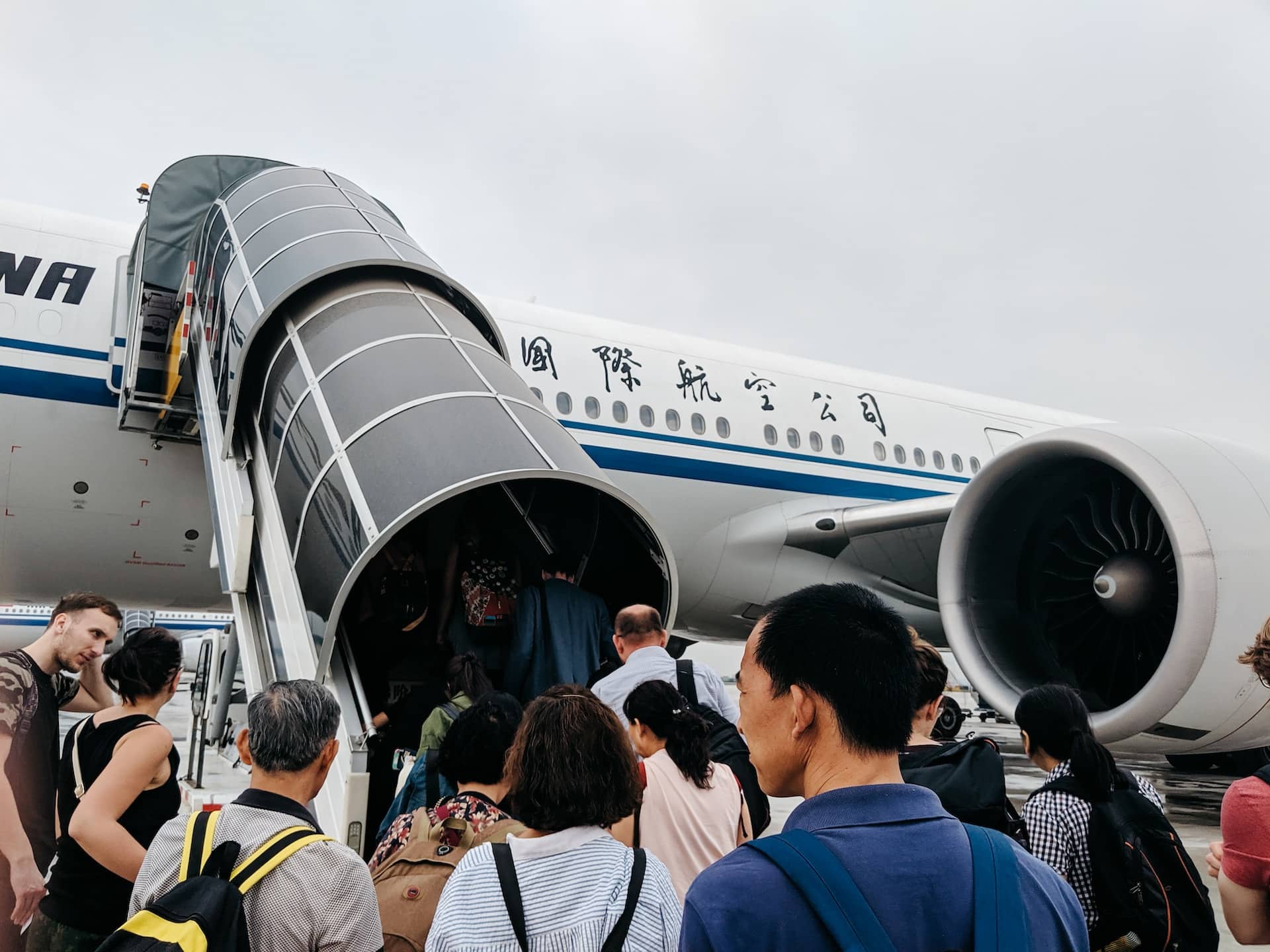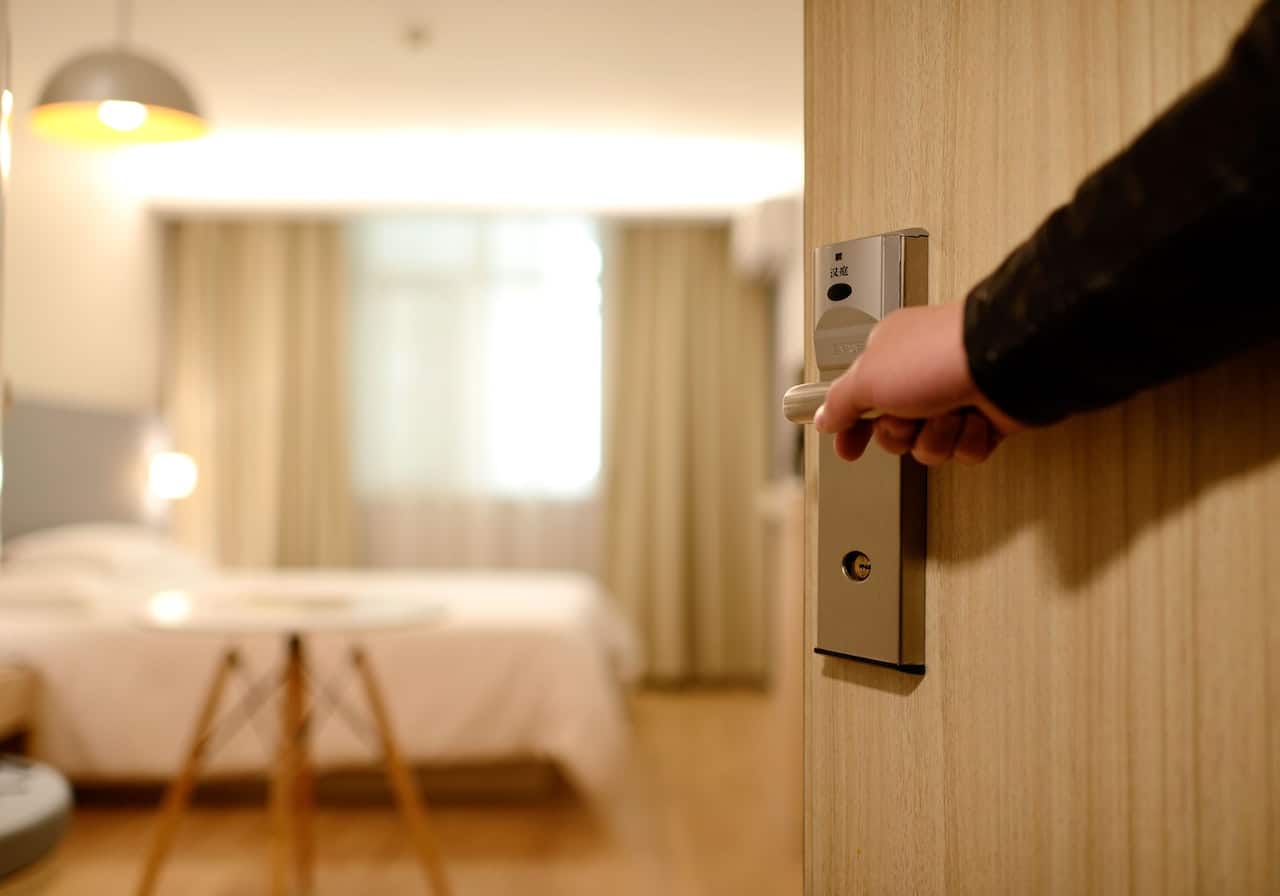Corporate travel is a critical component of modern-day business operations. Whether it’s attending conferences, meeting clients, or visiting overseas offices, travel is essential for a company’s growth and success. However, managing corporate travel can be a daunting task for businesses, especially those with a large workforce.
That’s where corporate travel management agencies come in. These agencies provide a range of services to help businesses manage their travel needs efficiently and cost-effectively. In this article, we will discuss why businesses should use corporate travel management agencies and how they can benefit from their services.
Corporate Travel Management Companies
Corporate travel management companies are specialized agencies that help businesses manage their travel requirements. They offer a range of services, including booking flights, hotels, ground transportation, and other travel-related expenses. These agencies also provide travel policies and guidelines to ensure that employees comply with the company’s travel policies and budget.
Why Use Corporate Travel Management Agencies?
1. Cost Savings
Corporate travel management agencies have established relationships with airlines, hotels, and other travel providers. They can negotiate better rates and discounts on behalf of their clients, which can lead to significant cost savings.
2. Time Savings
Booking and managing travel can be time-consuming, especially for large organizations. Corporate travel management agencies can take care of all travel-related tasks, saving businesses time and allowing them to focus on other critical tasks.
3. Risk Management
Corporate travel management agencies can provide valuable insights and assistance in managing travel risks, including health and safety concerns, visa requirements, and travel advisories.
4. Improved Compliance
Corporate travel management agencies can help businesses ensure that their employees comply with company travel policies and guidelines, reducing the risk of non-compliance and associated penalties.
5. Enhanced Travel Experience
Corporate travel management agencies can provide personalized services to employees, ensuring a smooth and hassle-free travel experience. This can boost employee satisfaction and productivity.
How Travel Companies Can Benefit From Corporate Travel Management Companies
1. Cost Savings
Corporate travel management companies can negotiate better rates with airlines, hotels, and other travel vendors, resulting in significant cost savings for travel companies.
2. Time Savings
Corporate travel management companies can handle all aspects of travel planning and booking, saving time for travel companies and allowing them to focus on their core business activities.
3. Improved Efficiency
Corporate travel management companies can provide technology solutions that streamline travel booking and expense management processes, improving efficiency and reducing administrative burdens for travel companies.
4. Access to Expertise
Corporate travel management companies have deep knowledge and expertise in the travel industry, providing travel companies with valuable insights and advice on travel trends, best practices, and compliance issues.
5. Risk Management
Corporate travel management companies can help travel companies manage travel risks, including health and safety concerns, travel advisories, and visa requirements, reducing the risk of disruptions and associated costs.
6. Establish a Travel Policy
A clear and comprehensive travel policy will help employees understand the expectations and guidelines for business travel, as well as ensure compliance with company policies and regulations.
7. Encourage Direct Booking
Direct booking through a corporate travel portal or booking tool can save time and money, while also providing greater visibility and control over travel spend.
8. Monitor Travel Expenses
Regularly monitoring and analyzing travel expenses can identify areas for cost savings and help optimize travel budgets.
9. Consider Alternative Accommodations
Alternative accommodations, such as home-sharing platforms or extended-stay hotels, can provide cost savings and more flexible options for longer business trips.
10. Prioritize Employee Safety and Well-Being
Ensuring the safety and well-being of employees while traveling is essential. Providing resources and support for mental and physical health, as well as emergency assistance, can help employees feel valued and supported.
Conclusion
Businesses should definitely consider using corporate travel management agencies to optimize their travel arrangements. These agencies offer numerous benefits such as cost-effectiveness, personalized services, safety and security, and 24/7 support. By outsourcing their travel management to these agencies, businesses can save time, money, and effort, while also ensuring a hassle-free and smooth travel experience for their employees.
Moreover, corporate travel management agencies have a wealth of knowledge and expertise in the industry, which enables them to provide the best possible travel solutions to their clients. Therefore, it is highly recommended for businesses to partner with a reliable and experienced corporate travel management agency to enhance their travel program and achieve their business goals.
If you are looking for CIC lodging hotels, contact Globeo. Our comprehensive reporting and 24/7 concierge service are powered by our online booking portal. Contact us and let us know how we can help you today!










